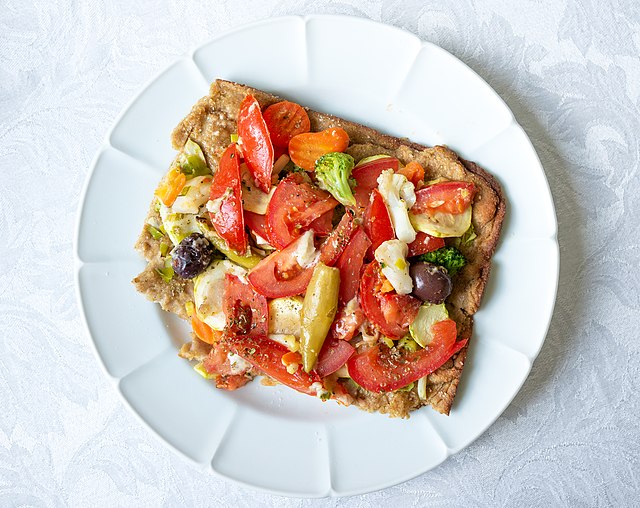In a world that often equated power with extravagance, Pope Francis stood apart. His reign was marked not by opulence but by a quiet rebellion against it — a life built on simplicity, reflection, and the small, deliberate joys that defined his spirit. Now, even as the Vatican’s grand halls mourn his passing, it is perhaps at his humble table that the essence of Francis is most tenderly remembered.
He woke before dawn, while the Eternal City still slept under the weight of history. His mornings were carved out for prayer, silence, and a simple breakfast: a glass of freshly squeezed orange juice and a spoonful of mrio, a soft quince jelly from his Argentine homeland. It was not the breakfast of kings, but of a man who understood the profound beauty in beginnings — clean, unadorned, and true.
Despite the marble columns and gilded ceilings surrounding him, Francis often carried within him the streets of Buenos Aires. He was a man shaped as much by the tang of mate tea — that sharp, earthy drink he sipped daily — as by the creaking pews of San José Flores. He never forgot the taste of empanadas warm from a family oven, or the tender crumble of alfajores, their dulce de leche hearts held between delicate cookies dusted in powdered sugar. Even far from home, these flavors tethered him to a boyhood spent in the modest quarters of a working-class neighborhood, to a world where joy was homemade and sweetened by hand.
Italy, too, ran in his blood. His ancestors had journeyed from the misty hills of Piedmont, and through them he inherited an unshakable love for the sturdy, honest food of the region. He delighted in bagna càuda, the rich, anchovy-laced dip traditionally eaten with raw vegetables — a dish that spoke of warmth, community, and long evenings shared around a crowded table. When nuns at the Vatican prepared it for him, it was less a meal than a memory served steaming in a simple bowl.
Francis did not live to eat; he ate to live, and lived to serve. His meals were quiet affairs: baked skinless chicken, simple salads, fresh fruit, and water low in sodium. Even wine, which he drank during Mass as tradition required, was taken sparingly, in the spirit of moderation he held close. His dietary restrictions were less about rules than about a philosophy: food was nourishment, never excess.
Yet he allowed himself small, human pleasures. He loved pizza, once dreaming aloud of slipping unnoticed into a pizzeria, ordering a slice, and sitting elbow-to-elbow with strangers in ordinary anonymity. Once, during a papal tour, a pizza was handed through the window of the Popemobile, a gesture that made global headlines but, for Francis, must have felt as natural as breathing.
He never lost his sweet tooth. There were moments — tender, rare — when he indulged in a tart, a cookie, a sliver of flan. Always small, always measured. In the kitchens of the Vatican, he would sometimes appear unannounced to thank the staff, or even to fry himself a simple omelet when time allowed. It was never about the food itself, but the spirit with which it was prepared, shared, and savored.
Through it all, his table — like his papacy — remained a sanctuary of humility. His preferences were documented in books and whispered in interviews, but they told a deeper story: that true greatness does not hunger for riches. It is found in the slow pouring of mate, the crackle of a crust on a simple loaf, the sweetness of a dessert made by hand, and the silent prayer before a meal eaten in gratitude.
